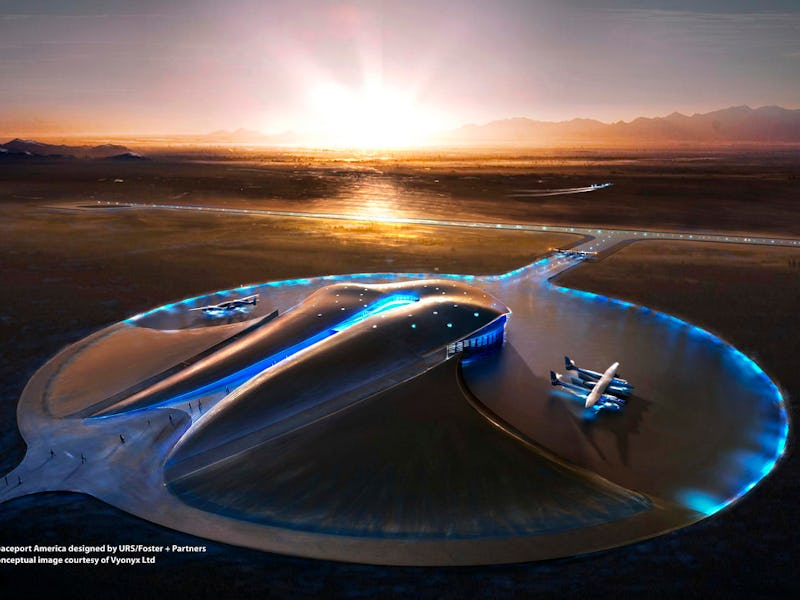This week the United Kingdom government announced its intention to spur medical research in space through new laws and incentives aimed at building a homegrown commercial space industry.
A new law, set to be introduced later this year, will define the parameters of space exploration in the country. The government has also promised $12.5 million in subsidies to companies with the best plans to foster a space industry on British soil. It may be possible for a spaceport to be built and operational by 2020 thanks to these measures, allowing for the very first satellite and rocket launches from the U.K.
A draft of the proposed legislation is expected to be released within a few weeks. Companies interested in getting in on the action have until April 15 to submit plans to the government, which must include the construction of at least one spaceport in the U.K. for satellite launches or sub-orbital flight. That could include proposals for space tourism operations, including microgravity flights and spaceplanes.
That may be music to Richard Branson’s ears, who is already hard at work testing spaceplanes for tourist flights. It remains to be seen whether he will express interest in bringing Virgin Galactic’s operations home to the U.K. — or who might be in competition for that airspace.
The U.K. government, for one, hopes that a British space industry will support not only plane rides for the fabulously wealthy, but also new innovation in the medical field. Space exploration could revolutionize medicine as it already has weather prediction, said aviation minister Tariq Ahmad in a release. “Forty years ago, meteorologists couldn’t have imagined the importance of satellites for predicting the weather. Today over 90 percent of data used in every forecast comes from a satellite, with hundreds of other applications used in GPS, telecommunications, and broadband.”
How exactly space will trace the future of medicine is yet to be seen, but the government imagines U.K. scientists blasted into space to perform zero-gravity testing on novel vaccines, antibiotics, and medicines.
